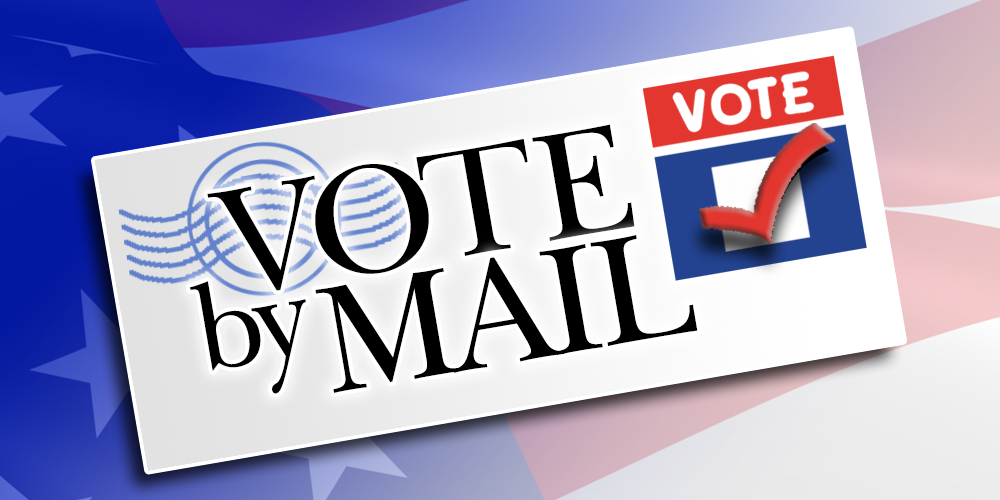A federal appeals court has upheld Texas’ requirement that potential voters must list their identification information in their application for a mail-in ballot.
In Texas, voting by mail is only available for certain groups of people, including elderly voters and people with disabilities. Under Senate Bill 1 passed in 2021, voters must also include an ID number — such as a driver’s license number — on both the vote-by-mail applications and the mail-in ballots and both numbers need to match. Opponents of the law said this provision discriminated against voters with disabilities and that it would not meaningfully cut down on voter fraud.
In a Monday ruling, a panel from the U.S. Fifth Circuit Court of Appeals found that the updated requirement does not violate federal law. It also reversed a lower court’s decision.
“We have no difficulty concluding that this ID number requirement fully complies with a provision of federal law known by the parties as the materiality provision of the 1964 Civil Rights Act,” wrote Judge James Ho, a Trump appointee.
Judge Patrick Higginbotham and Judge Don Willett, who were appointed under the Reagan and Trump administrations, respectively, joined Ho’s ruling.
[…]
Prior to this decision, the U.S. District Court for the Western District of Texas had ruled in 2023 that the requirements infringed on the Civil Rights Act. Though later that year, Paxton’s office was able to stop that decision from going into effect.
These voter ID requirements were also the target of legal challenges from several civil rights groups, along with other provisions of SB 1.
Following the Monday ruling, the American Civil Liberties Union of Texas said its legal team is continuing to evaluate its options for a possible appeal.
See here for the background. What’s shocking is not that the Fifth Circuit ruled this way – I mean, have you met the Fifth Circuit? – but that it somehow only took them four months to do it. It took three and a half years from the time of the original lawsuit to the district court’s ruling. This was absolute greased lightning by appellate standards. Make of that what you will. As for the consideration about further appeal, I’m hard pressed to see the reason at this point. It’s going to take federal law, and a considerable bit of federal judicial reform, to fix this ever-increasing mess. But we all already knew that.

